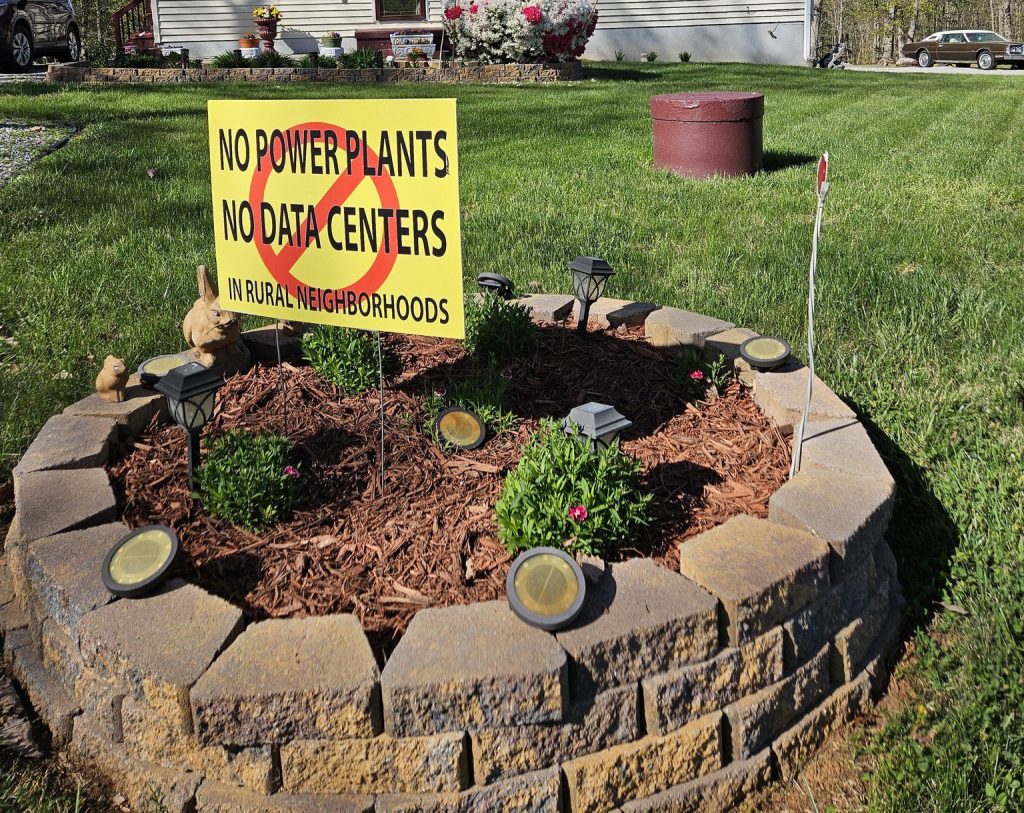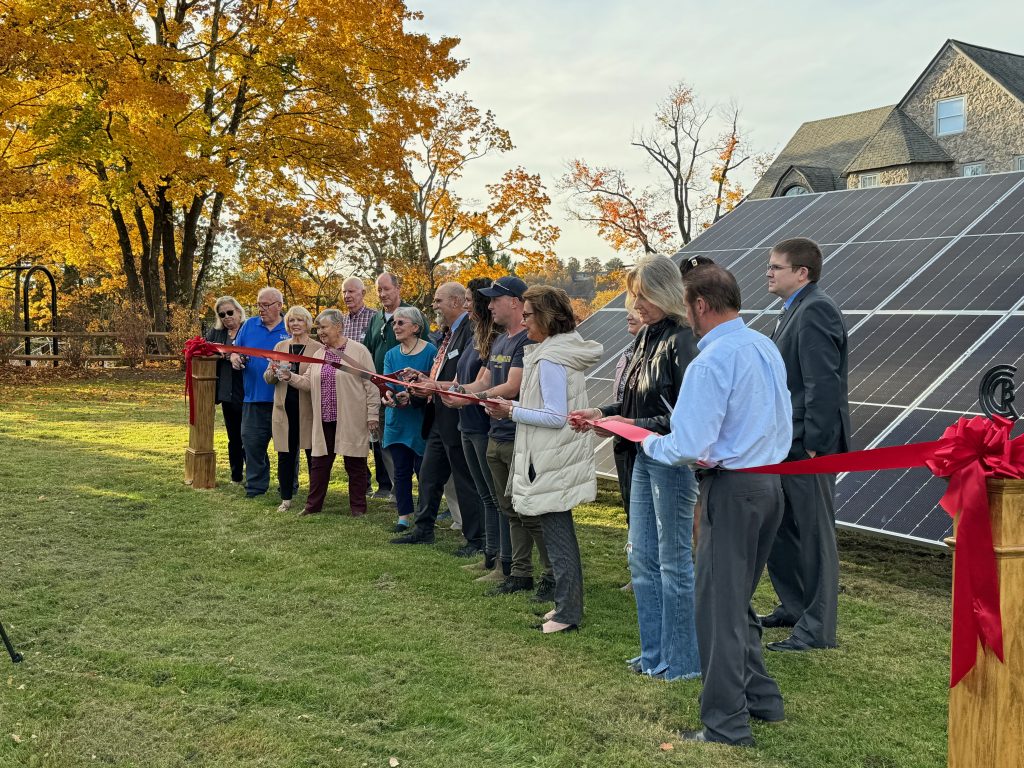Last Song of Black Creek
Monday I went to fetch Jack home. It wasn’t my place, I know. I was his second-best, his nut-brown maid; I was familiar and base, fit only to serve. But I served him last, and I served him best.
It was almost dusk when I saddled up Roan and led him from the barn. Granny’s rocker creaked on the porch, but she wouldn’t see me. Almost deaf and mostly blind, she had never heard me and Jack at night, or noticed the straw pallet tucked under my bed. Or maybe she just let us have our peace. Maybe she was lonely too.
I swung up on Roan. He didn’t balk, not even when I turned his head up toward Spiney Ridge, and he settled into a trot like a worn-out rocking horse. “Easy, Roan. Easy.” The old gelding was pretty much deaf himself, but that didn’t matter. He wasn’t the one who was nervous.
I’d been hearing the stories for a while now. Being a midwife means that I hear all the stories sooner or later. Tales of deaths and births and weddings–and other things. Sometimes the tales are something more important than the birth of a bastard to a good family, something even darker than murder . . . Although the murder came first.
First I heard how young Jack Barnes was slain by thieves while he was riding back to Black Creek Hollow. Then came the other tales, tales of corpse-lights and screaming at dusk. Tales of a young man with a bloodied shirt waiting at the ridge . . . Sometimes an old drunk who didn’t know better offered him a ride in his cart, but the young man always disappeared at the covered bridge of Black Creek.
Then came worse tales, tales of a dark thing that jumped behind a rider and drove him hell-for-leather till they crossed running water. People tell me these stories and energy crackles around them, a kind of ugly joy that makes me feel sick inside. They believe, or they don’t believe, but they all spread the tales. And they avoid the ridge at night.
Believing comes hard for me. Even as a girl I didn’t think much of ghost stories and such. But Granny taught me more than midwifery. Some things take practice, like riding hellbent in the dead of night, or believing in things against reason. Believing against reason . . . No, I reckon Jack taught me that.
I reached the knob of Spiney Ridge, and the hollow spread like black velvet below me. This was where Jack bled out his life. Roan pawed at a patch of ragged turf; they said that Jack’s mother, unable to leave any part of her son out here against the sky, had carried pounds of bloodied sod back to her cabin. But she couldn’t carry back her son.
Roan shifted, ears pricking forward. I caught the shadow from the corner of my eye, a deepening of darkness at the edge of the woods. Roan stamped nervously, twisting his head toward the shade. “Easy, Roan. Don’t look . . .” The shadow pulled itself from the trees, heaving itself into the blue dusk like a man half-drowned. A shadow cast by nothing, it shivered in the light of a sickle moon. Then it gathered dark limbs and cleared the ground in three strides–too long to be human, too familiar to be anything else. It grasped my waist in stiff cold paws, and it swung easily up behind me.
Roan rolled his eyes, his bony frame shuddering. I shushed him as best I could, even though I was wrapped in a heavy shadow embrace. A face pressed against my back, like that of a child too weary to walk. “Hello, Jack.”
A soft sigh–or maybe it was the wind in the leaves. I nudged Roan forward, keeping a tight rein. Otherwise the old gelding would have galloped blind down the pitted ridge, anything to escape the shadow at my back. “I want you to know they got them, Jack. The men who–who hurt you. They’re going to hang.”
The weight behind me shifted in a small shrug. He pulled himself closer, nuzzling against the warmth of my back. “They say you were coming down the ridge, Jack. That you had been visiting ‘distant kin’.” Roan stumbled, then lurched unsteadily on; I dragged the back of my palm across my eyes. “Who was she, Jack?” Behind me he was still, but he didn’t let go. “It wasn’t enough to have your pretty little wife. Wasn’t enough to have me too.”
His grip tightened. He was squeezing the life out of me. “God, Jack, you bastard.”
He drew back. Too late, he was embarrassed. But he wouldn’t let go, not even to save a little bit of his pride. He needed me.
I could feel a callused hand brush my neck, drawing back my hair. A handful of stars was scattered across the flat blue sky, and the moon was tipped over like a horseshoe to let the last milky light run out. But I couldn’t see Jack’s hands. I would not see him again, even though I could feel him clinging to my back, moving against my skin. I began to shiver and couldn’t stop, not till the pine trees closed around us again.
As the land evened out, Roan fell into a bone-jarring trot. His breath was harsh and wet, his coat spotted with foam. He wanted to run. I wanted to run, to bolt headlong for the creek and let this thing slide from my back. Instead I pointed Roan away from my home, away from the covered bridge at Black Creek, away from any hope of running water. Behind me Jack stiffened in the saddle, and Roan tossed his head back toward the bridge. “No, I ain’t going back to Granny’s. I ain’t taking you with me. You’re going home, Jack. Back to your wife and your three pretty daughters.”
There was a smothered cry, or perhaps a nightbird’s sob. The weight behind me began to heave, as if he were weeping in exhausted relief. “It’s what you want, isn’t it? To go home.”
He went still, and I could almost feel him turning it over in his mind. Around us the hunched and twisted trees of Aunt Jo’s orchard rose dark against the moonlight, the grove fragrant with the scent of fermented apples. I felt Jack’s hand move gently to my breast. The wind pulled promises out of the leaves, and I gagged on the stink of rotted fruit.
We broke from the trees. The packed-earth road glimmered like a slug’s trail ahead of us. Behind my ear was a small hiss, an intake of breath, as if a shadow wanted to speak. “No,” I said, my voice harsh and loud in my own ears. “Don’t you thank me. You were grateful as hell for the last seven years, but that never changed nothing.” Roan snorted, ducking his head, and his uneven gait jarred out the most important part, the words I didn’t want to say. “I didn’t do this for you, Jack.”
He pulled back. It didn’t feel like he was touching me at all now, except for the cold hands still grasping my waist. “I didn’t do this to let you rest in peace, or to make your precious family whole. I didn’t do this for the poor travelers you scare clear across Black Creek every blessed night. And I ain’t doing this for love.
“I’m doing this because I can. Me, and nobody else. You think your fine little wife would ride up the ridge at dusk? You think she’d listen to tales of shades and corpse-lights? I’m a midwife and almost a witch; I am a bastard of bad blood and bad raising and fit for nothing. And I am the only one who can help you now.”
Roan balked at the ravine, but I kicked him through. We plunged into blackness, briars snagging on skin and dress and horseflesh. I caught the wet copper smell of blood; maybe it was mine, or Roan’s. Maybe not. “You owe me, Jack. And you can’t ever pay me back. Here–” Roan picked his way out of the ravine, air whistling in his lungs. Before us gleamed the faint yellow light, a firefly of a candle left burning for a lost husband, a lost father. “Here, in the end, you are wholly and completely mine.”
I rode right up to the edge of his swept-dirt yard. At the window I could see the flicker of candlelight and the flash of a small white face. “You are mine, and I won’t have you. Jack, I let you go.”
The weight slid heavily from my back, a cloud of dust and mold rising in its wake, and the candle in the window winked out. Roan reared once, pawing the night. Then I gave him his head, and we fled back toward the mountains. Behind us rose a harsh cry of loathing–a wounded animal, I believe–and I realized that I was laughing.
Related Articles
Latest News
More Stories

Leave a comment
Your email address will not be published. Required fields are marked *




